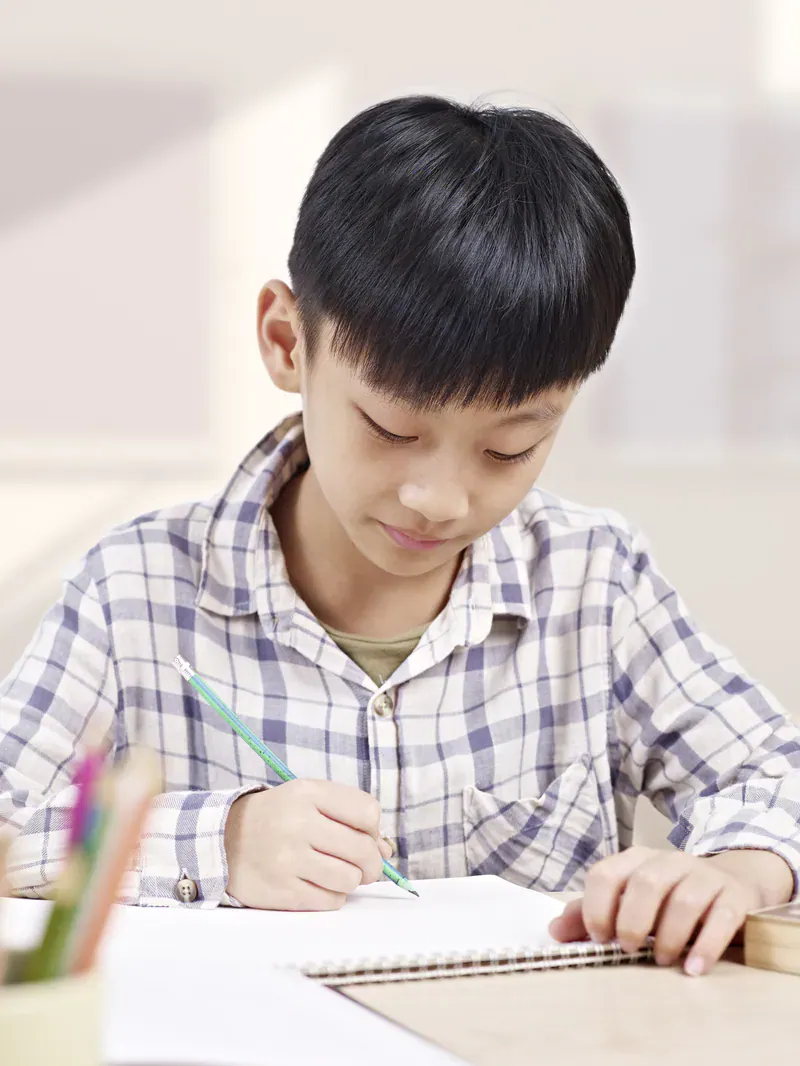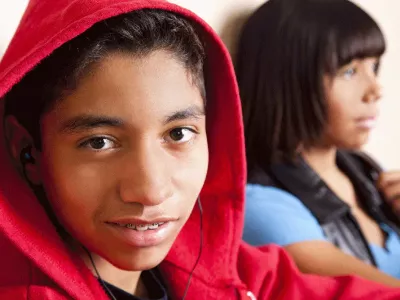Parenting Changes In Mainland China: 1st Triple P Trial Shows Positive Results

Group Triple P has been found to have positive effects for families concerned about their child’s school performance. It’s the first clinical trial of a western-developed parenting program in mainland China.
The trial results are discussed in a research paper published in the latest issue of Behavior Modification, a scientific journal.
Lead researcher Dr Mingchun Guo said the findings were consistent with previous research showing Chinese parenting practices have changed as a result of major social and economic changes over the past four decades. This included a move from a more authoritarian style of parenting, with an emphasis on obedience, to a more warmth- and relationship-oriented authoritative style of parenting, especially in more modernized city areas.
“As recent research has shown that Mainland Chinese parents endorse authoritative parenting, and this is positively related to children’s social and school adjustment, it is not surprising that Group Triple P had positive effects on a range of parent and child outcomes in this study,’’ said Dr Guo.
The trial also found that after doing Group Triple P, parents were more satisfied with their child’s academic performance, and said children showed fewer problem behaviours related to learning. They also had more confidence in their parenting ability. Children were also asked questions as part of the research, and they reported their parents used more positive parenting practices after doing Group Triple P.
Dr Guo said that while more research was necessary, it seems mainland Chinese parents may now be more inclined to accept and use a Western-developed program.
You can read more about this world-first Chinese research on the University of Queensland’s Parenting and Family Support Centre Triple P blog.

